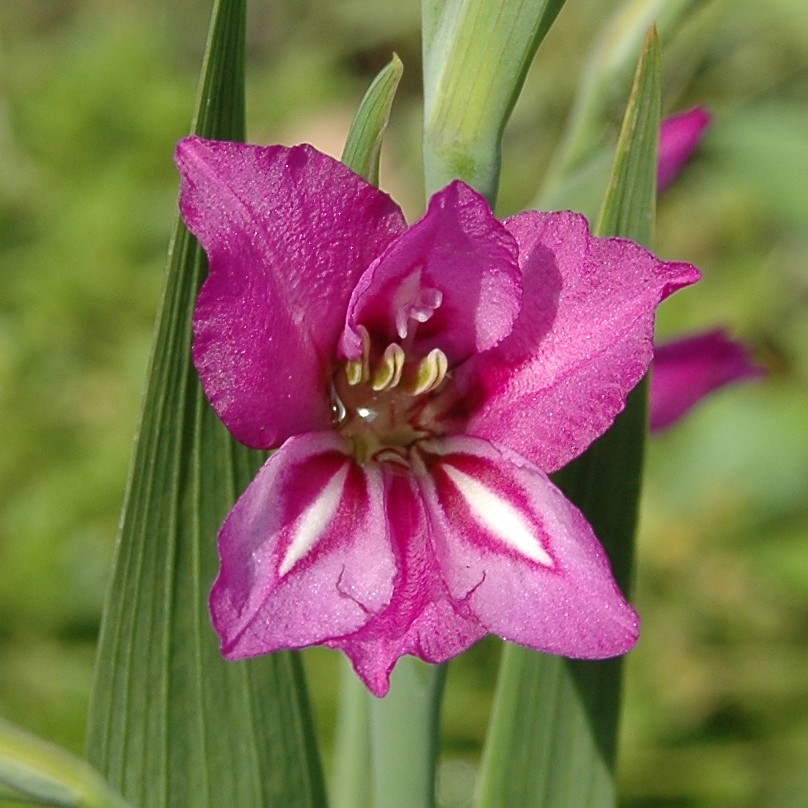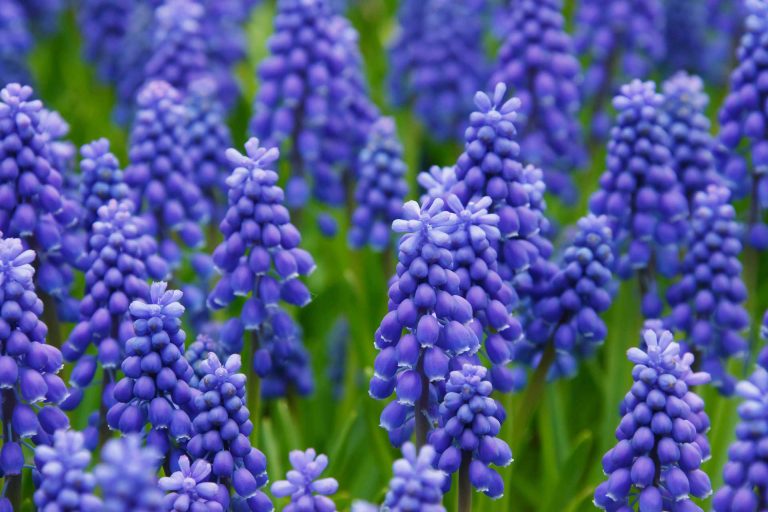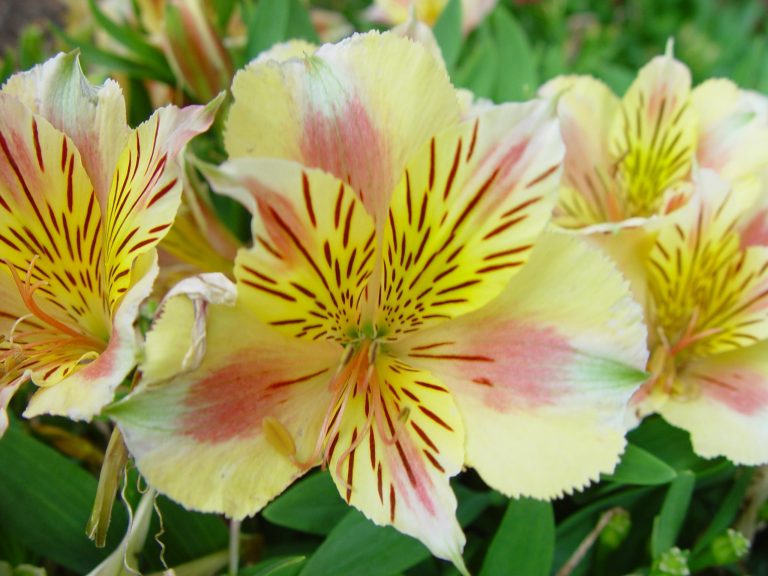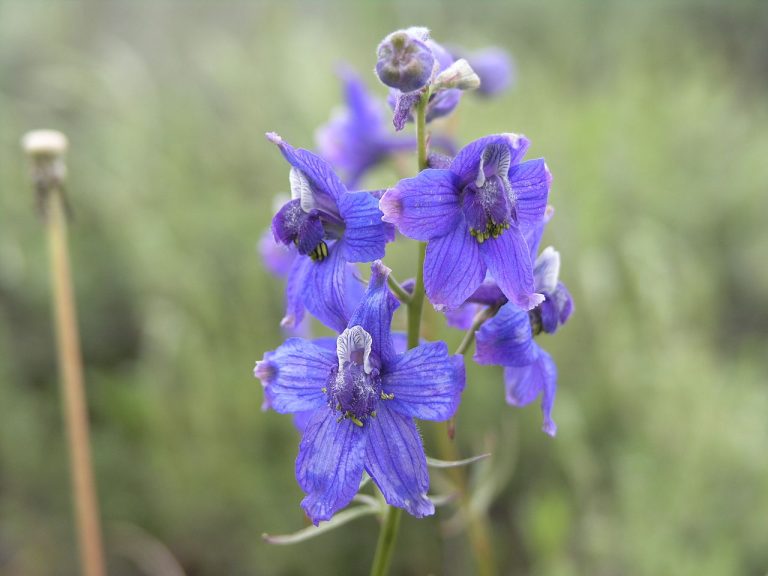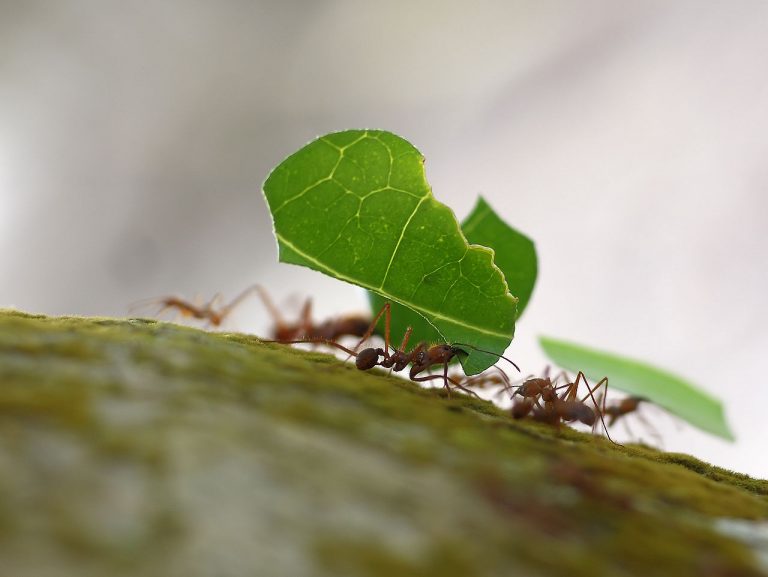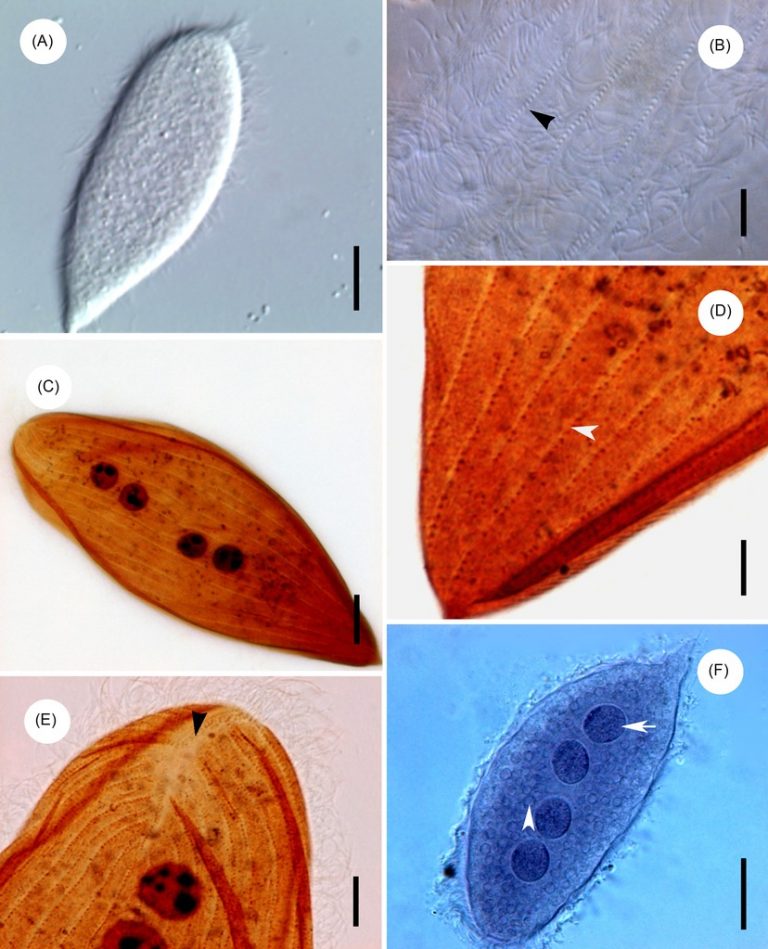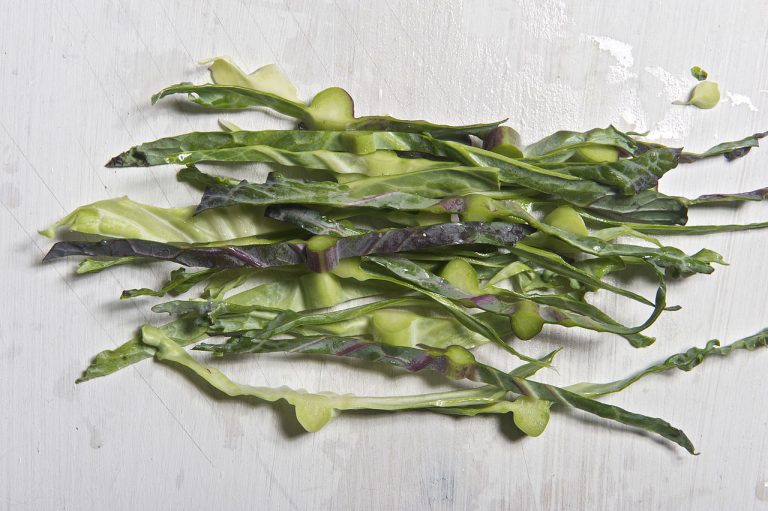Gladiolus – Symbolizing the Primary Sword that Roman Foot Soldiers Used
Scientific Classification
| Kingdom: | Plantae |
| Clade: | Angiosperms |
| Clade: | Monocots |
| Order: | Asparagales |
| Family: | Iridaceae |
| Subfamily: | Ixioideae |
| Tribe: | Ixieae |
| Genus: | Gladiolus L |
| Type species : | Gladiolus communis |
Gladiolus (a Latin word deriving from “gladiolus,” the primary sword that the ancient Roman foot soldiers used) is a variety of flowering plants that flowers from bulbs. It belongs to the iris family (Iridaceae). At times they call it the “sword lily”, but they generally call it by its generic name. (In plural they call it gladioli).
The category gladiolus appears in the tropics of Africa, South Africa, Mediterranean Europe, as well as the continents of Asia. Most of the varieties were found in the Floristic region of the Cape, the focal site of this variant. During ancient times, the group of Homoglossum, Acidanthera and Oenostachy, the experts considered them to exist independently, but presently they are one among the Gladiolus.
Preparation for Planting
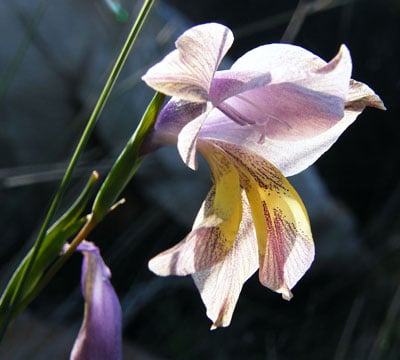
Photo by: Andrew Massyn
The type of soil suitable for the growth of vegetables is also suitable for gladiolus. In order to promote good fertility and drainage, mix the compost along with the bed soil during spring. Place your gladiolus in an open area for it to exhibit its best because it is not a competitor with weeds or other plants. Plant your gladiolus bulbs a fortnight prior to the end of spring frost. It takes 70 to 90 days to flower from the date you plant it.
Planting
- Once the hazardous spring frost is over, plant your gladiolus bulbs when the soil is warmer.
- Set up your garden with the use of a tiller or garden fork and till the soil to a depth of about 12 to 15 inches. Then mix compost and apply it to a layer of 2 to 4 inches.
- Plant your gladiolus bulb to a depth of 4 to 8 inches, keeping the pointed end facing upwards and place them 3 to 6 inches apart. Thoroughly water your corns.
- Gladioli prefer complete sunlight, and light, properly drained soil.
- Tall variety of plants need support at the time of planting. Remember that your support does not harm your corns.
- Your gladioli take 90 days from the day you planted it, to reserve sufficient energy to get rooted, grow, blossom and conserve energy for the coming season.
Placement and Watering
In case you do not get rain during the growing period, water your gladioli at regular intervals. Bear in mind that, watering the gladiolus lavishly once a week is far better than quenching your gladiolus with limited water once or twice a day.. In the course of their effective growth, 1 inch of water every day is a good estimate.
Flowering Period
Subsequent to planting, it takes 70 to 90 days for the early flowering variety to blossom. For those of mid-seasonal varieties, it takes 90 to 110 days to flower and for the later flowering ones, it takes 120 days for blossoming. If you wish that your gladiolus bloom all through the summer, plant a few of your gladiolus bulbs intermittently very 10 to 14 days continuously for 10 weeks.
After Bloom Care
Once the flowering period is over, leave the foliage as it is; never cut them. The foliage collects sunshine and produces food by photosynthesis and energizes the bulbs for the next season. Water your bulbs as and when required. Remove the leaves and stalks as soon as they turn yellow.
As soon as your first floret blooms, cut the stem of the flower, they retain their beauty in the vase for a couple of weeks, they are fabulous as cut flowers.
As Cut Flowers
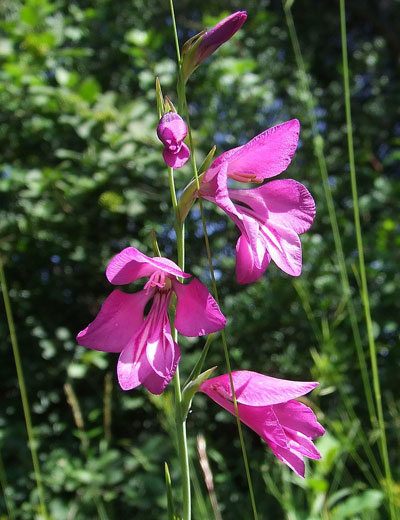
Photo by: Albert Häglsperger
The apt time to reap your gladioli and use them as cut flowers is when 1 or 2 of the flowers at the base starts exhibiting their color. The right time to cut your gladiolus is in the small hours of the morning or towards dusk.

Having discovered a fondness for insects while pursuing her degree in Biology, Randi Jones was quite bugged to know that people usually dismissed these little creatures as “creepy-crawlies”.

